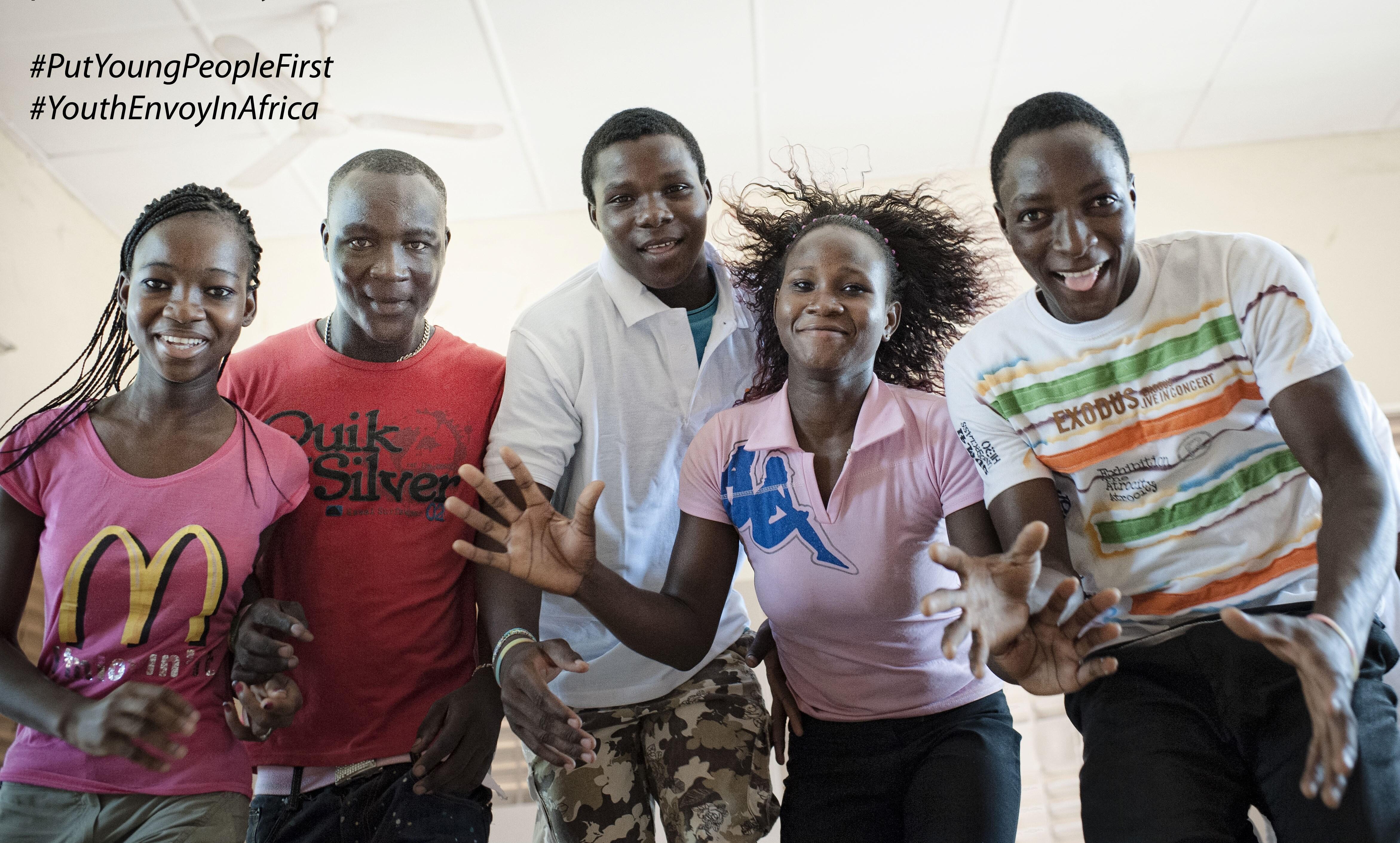Accra: February 5, 2018: Over the last 20 years, the age structure of Ghana’s population has steadily been changing, as a result of low birth and death rates, coupled with the decline in fertility rates. These changes have led to a “broad-based population pyramid” with a shrinking proportion of children aged between 0 and 14, vis-a-vis an increasing proportion of the economically active population, which is those aged 15 to 64 years, whilst those aged 65 and above have also increased in proportion. The underlying population dynamics, have resulted in a decreasing dependency ratio, as the proportion of the economically dependent population, particularly those below 15 years, is decreasing. For this desirable trend to further change for the better, there is the need for the implementation of key policies and programmes that must ensure the nation’s young working-age population is equipped to fully seize opportunities for well-paying jobs, increased productivity and other income-earning possibilities. Ghana needs selfless commitment by all and sundry, but especially by those who possess and/or control critical resources for development to do what must be done in order for Ghana to reap the benefits of development, progress and prosperity which everyone is expecting. The current youth bulge that has been observed in the analysis of Ghana’s population presents a crisis or an opportunity for the nation.
The UN Secretary General’s Envoy on Youth Ms. Jayathma Wickramanayake will pay a working visit to Ghana on the 7 of February 2018 as part of her five country African tour. Her message is simple Put Young People First. She will be advocating for Africa to implement the AU Roadmap for Harnessing the Demographic Dividend as it is one of the key strategies to advance economic and social development.
During her visit, she would pay courtesy calls on both Minister of Youth and Sports as well as Gender, Children and Social Protection to deliberate on strategies to employ so as to implement the AU Roadmap for Harnessing the Demographic Dividend and the strategic roadmap of the President of the Republic of Ghana to enable Ghana be among the first of the African countries to fully harness a demographic dividend. She will also meet with a cross section of youth in the evening of Wednesday 7 February 2018 for exchange of philosophies.
Nana Addo Dankwa Akufo Addo, the President of the Republic of Ghana outlined broad strategies to be implemented at the level of the Presidency to guide the countries efforts in harnessing the demographic dividend. He termed this “Strategic Roadmap for Harnessing Demographic Dividend in Ghana” when he launched it in December 2017 and urged every sector ministry to tap into his roadmap by developing sector action plans to take full advantage of the possibilities presented by the demographic dividend. The President’s road map is built on four main pillars namely economy, education, health and good governance with each pillar projecting five key actions to be taken.
In a practical response to the spirit of the Sustainable Development goals tagline of leaving no on behind, Ms. Wickramanayake will pay a working visit to the Agbogbloshie market where she would interact with a group of female adolescent head porters (Kayayei). UNFPA believes that vulnerable groups including adolescent girls need special attention as Ghana stands to lose future leaders and innovators of tomorrow if any of these young peoples are left out due to current inequalities in national development.
*******
UNFPA works to deliver a world where every pregnancy is wanted, every childbirth is safe and every young person’s potential is fulfilled.
For more information contact:
Doris Mawuse Aglobitse: UNFPA Ghana
United Nations Population Fund|+233 204545666| aglobitse@unfpa.org
Cynthia Prah: UNIC Accra Ghana
United Nations Information Centre|+ 233246281113| prah@un.org


